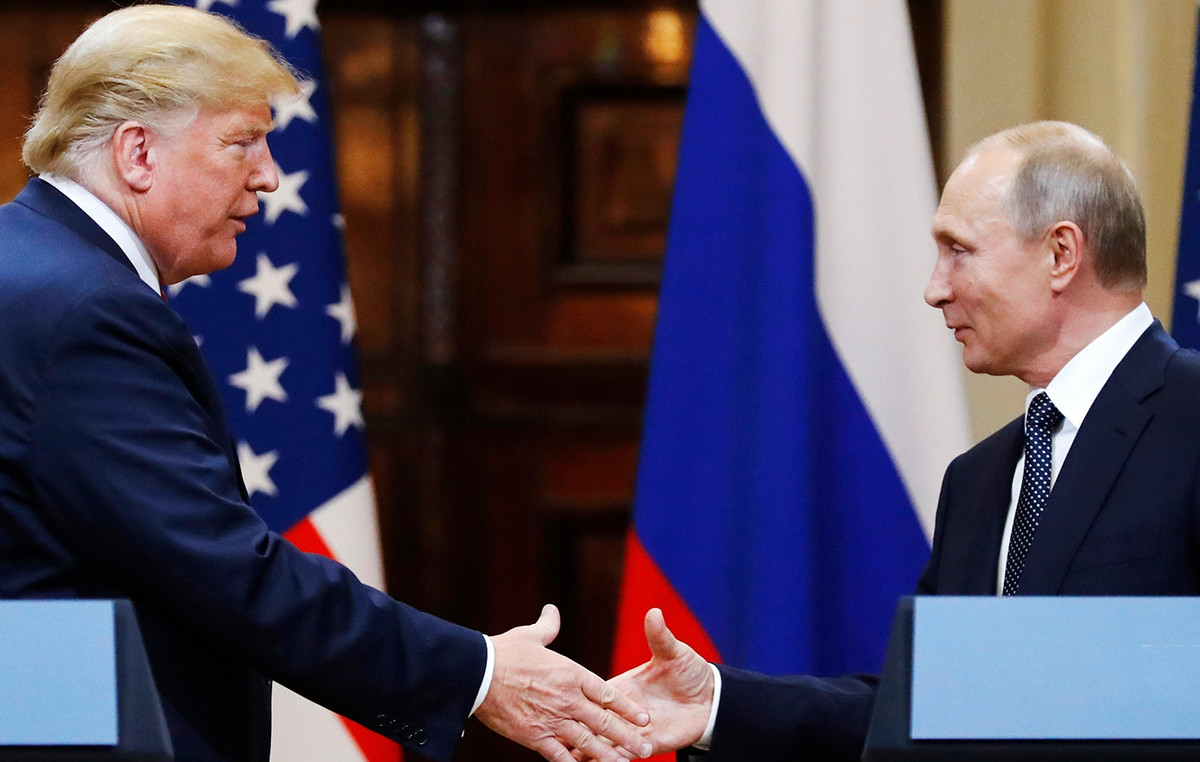Work better above all, it means managing commitments in an organized way, within the hours dedicated to the professionto finally be able to devote himself to the rest without guilt and additional anxieties. A theme felt above all by women, to which – despite the strong changes taking place – in addition to paid work still belongs a large part of the family burden, without any kind of recognition or facilitation. And to which the so-called smart working (so far it has been, it must be said, simple home working anything but regulated) – including children in DDA and professional requests without working hours – certainly did not help. But now that the pandemic takes a downward curve, and that companies have organized themselves to manage the new complexities without considering them an emergency, it’s time to set new rhythms and work more sensibly. Especially for those who still do it from home, in part or in whole.
The international studies Cegos, one of the main international players in Learning & Development present in 50 countries, they have identified 8 practices with related skills to be developed, suitable for both managers and employees, to better enjoy the new hybrid context. That is: Working from anywhere. Create your working area (the ergonomic chair is essential); Proximity. Stay connected (meeting colleagues periodically, in person or remotely, is essential); Time management. Plan the main activities in advance; Workload Management. Concentrate to better manage the work; Positive thinking. Activate a positive attitude; Become influencer. Grow your area of influence; Free Thinking. Boost your creativity; Get fit. Keep your body and mind in shape.
Among the fundamental tips to better manage your time at work, the Cegos experts point out in particular the Laborit principle, which, based on the fact that the hours of the day are not equivalent to each other, suggests dedicating the morning to more strategic activities and the afternoon to routine ones. We have decided to deepen the topic with con Alessandro ReatiHR Business Practice Leader of Cegos Italia.
What exactly is the Laborit principle?
«The French doctor Henri Laborit elaborated it after having conducted psychological, psychiatric and pharmacological studies, focusing on the behavioral aspects of workers. In summary: most people tend to start their day with their favorite activities, which are quicker to carry out and which they know better. In short, we instinctively tend to leave demanding and more time-consuming tasks in the background. Instead, you should plan your day right away, according to your own pace. AND an advice that also applies to studentssince they often tend to tackle the study starting from the simplest topics, with the risk of being reduced to a tiring final rush before exams ».
However, there are those who are more productive in the afternoon, and vice versa …
“Yes, the so-called owls and larks. Today, however, studies generally confirm a greater presence of people in the intermediate range, that is, who “work” at their best between 11 and 14. It is interesting because, consequently, some believe it is useful to concentrate more social activities such as meetings in the second part of the morningwhere, however, any semi-asleep owl begins to wake up, the lark has not yet entered the descending phase of energy ».
Tips to deepen the topic and organize yourself as much as possible according to your type?
“Among the apps, the “to do list” they allow you to exert very tight control over your business and drive the productivity of the day. They can be very useful, but they must be used carefully: many in fact continue to add commitments to them, and no matter how much they come up in the space of hours, the list of tasks to be faced never runs out. It can become anxious and frustrating. Among the books, instead, I would recommend Smart working & smart worker by Tiziano Botteri and Guido Cremonesi, which allows us to reflect on the change in work, also from a generational point of view: it was written before the pandemic, so it does not enter into the controversy between pros and cons but goes straight to the point. Always Tiziano Botteri, with Annalisa Costa, wrote The prince of timeagain for Franco Angeli, where he tells small fundamental tricks to manage your time in an optimal way ».
Other stories of Vanity Fair that might interest you:
5 time management tactics that will help you enjoy the summer more
Podcast Call the Coach! The multitasking catch: less is more
8 strategies for relieving work-related stress
Source: Vanity Fair
Donald-43Westbrook, a distinguished contributor at worldstockmarket, is celebrated for his exceptional prowess in article writing. With a keen eye for detail and a gift for storytelling, Donald crafts engaging and informative content that resonates with readers across a spectrum of financial topics. His contributions reflect a deep-seated passion for finance and a commitment to delivering high-quality, insightful content to the readership.







